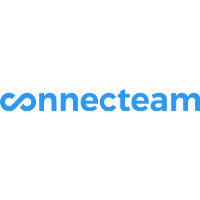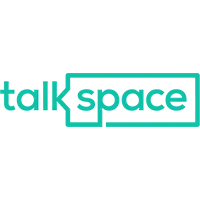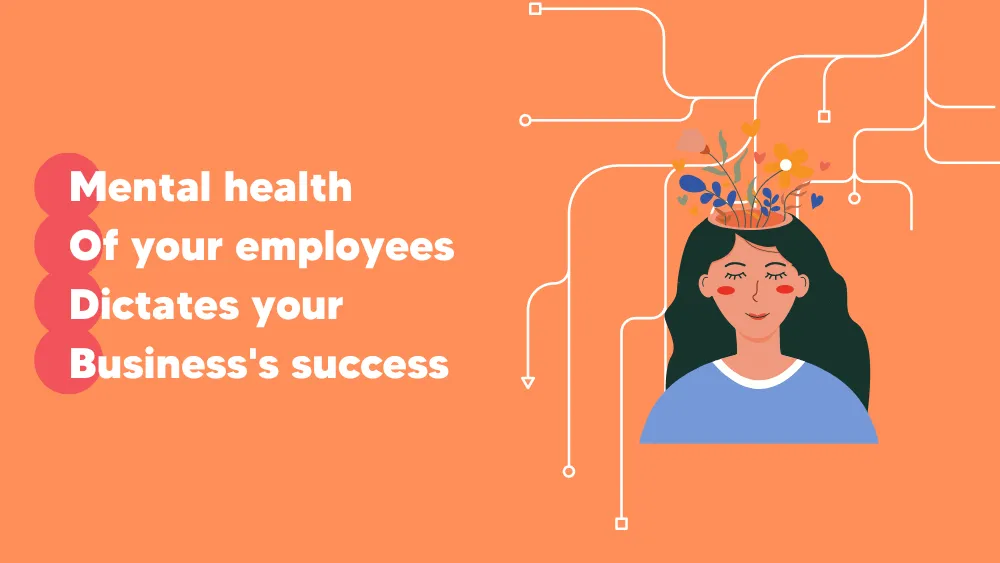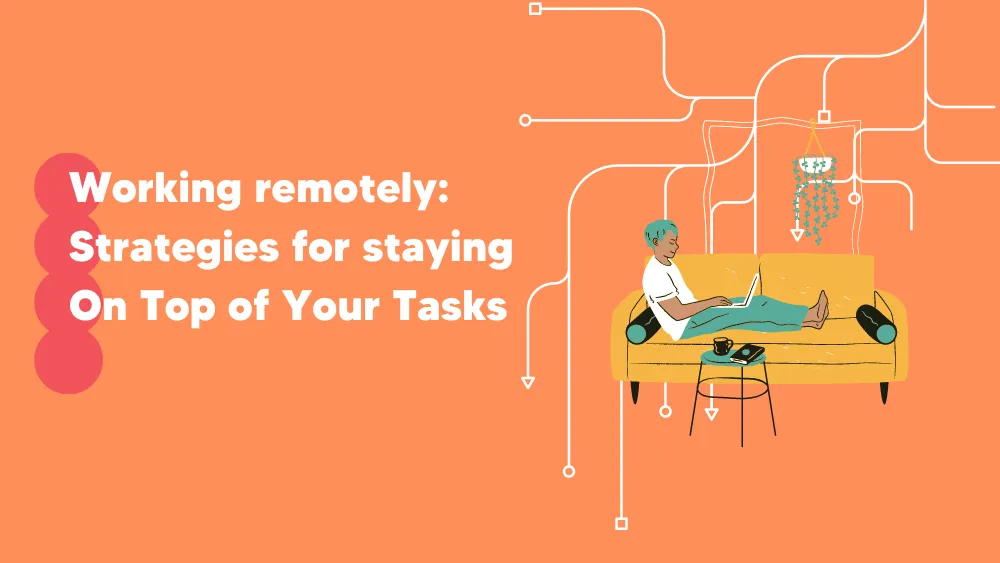Best Health Care Software
What is Health Care Software?
Healthcare software is an advanced computer program and application set to assist healthcare providers in various aspects of patient care and administrative processes. It is an essential tool that helps healthcare professionals manage patient information, streamline clinical workflows, and enhance communication between providers, patients, and their families.
Not only does healthcare software help in decision-making processes, but it also assists in providing the best possible care to patients by providing accurate information, such as medical history, allergies, and medications. It also helps in creating treatment plans and tracking progress.
This software is the digital backbone of modern healthcare facilities. It enables healthcare providers to move away from paper-based systems and embrace a more integrated, data-driven approach. Healthcare software is critical in ensuring compliance with health regulations, protecting patient privacy, and improving overall healthcare efficiency.
Some of the most common types of healthcare software include Electronic Health Record (EHR) systems, Medical Practice Management (MPM) software, Telehealth software, and Clinical Decision Support Systems (CDSS). Each software type has a specific function, but they all work together to provide a seamless experience for patients and healthcare providers.
Compare Health Care Software
Table of Contents
Understanding Health Care Software
Healthcare software has become an indispensable tool in the modern healthcare industry. This technology transforms how healthcare providers manage operations and interact with and care for patients. “health care software” encompasses various applications designed to streamline and enhance various aspects of medical care and administration.
From electronic health records (EHRs) to telemedicine platforms, this software category is pivotal in driving efficiency, accuracy, and patient outcomes in healthcare settings. As we delve into what healthcare software entails, we’ll explore its various types, benefits, key features, and emerging trends and provide final thoughts on its growing significance in the healthcare sector.
Types of Health Care Software
Health care software encompasses a diverse range of applications, each tailored to specific facets of healthcare management and patient care. Some of the primary types include:
- Electronic Health Records (EHRs): These systems store patient medical histories, treatment plans, medication lists, and diagnostic information. EHRs ensure that patient data is accessible to authorized personnel, facilitating continuity of care.
- Telemedicine Software: This software enables remote clinical services, such as consultations and follow-ups, through video conferencing, improving access to care for patients in remote areas.
- Medical Billing Software: This type streamlines the billing process, ensuring accurate coding and compliance with insurance and regulatory requirements.
- Patient Engagement Tools: These applications focus on improving communication between patients and healthcare providers, enabling appointment scheduling, reminders, and access to personal health records.
- Pharmacy Management Software: Designed to manage medication dispensing, inventory, and prescriptions, this software ensures efficient pharmacy operations.
Each type plays a vital role in modern healthcare, offering specific functionalities that contribute to more efficient and effective patient care.
Main Benefits of Using Health Care Software
The adoption of healthcare software brings several key benefits:
- Improved Patient Care: Software allows for quick access to patient data, leading to more informed treatment decisions and better patient outcomes.
- Enhanced Efficiency: Automation of administrative tasks reduces paperwork, minimizes errors, and saves time, allowing healthcare professionals to focus more on patient care.
- Better Data Management: With secure storage and easy retrieval of patient information, healthcare providers can better track and manage patient health over time.
- Increased Accessibility: Telemedicine and patient engagement tools make healthcare more accessible, especially for patients in remote areas or with mobility issues.
- Compliance and Security: Health care software ensures adherence to healthcare regulations and standards, providing secure and compliant data handling.
Key Features of Health Care Software
When evaluating healthcare software, certain key features stand out as essential for effective healthcare delivery and management:
- Interoperability: The ability of different healthcare systems and software applications to communicate and exchange data efficiently. This feature is vital for ensuring continuity of care and comprehensive patient records.
- Security and Compliance: Given the sensitive nature of health data, robust security measures and compliance with regulations like HIPAA are critical to protect patient information.
- User-Friendly Interface: An intuitive and easy-to-navigate interface is essential for ensuring that healthcare staff can efficiently use the software without extensive training.
- Customization and Scalability: The software should be adaptable to the specific needs of a healthcare facility and scalable to accommodate growth and changes in healthcare practices.
- Data Analytics and Reporting: Advanced analytics capabilities for tracking performance metrics and generating reports can aid in decision-making and improving healthcare outcomes.
- Mobile Accessibility: With the increasing use of mobile devices in healthcare, software that is accessible and functional on smartphones and tablets is becoming increasingly important.
Incorporating these features can significantly enhance the functionality and impact of health care software in a medical setting.
Trends in Health Care Software
The health care software industry is constantly evolving, with several trends currently shaping its future:
- Artificial Intelligence and Machine Learning: AI is being increasingly integrated into health care software for predictive analytics, personalized medicine, and improving diagnostic accuracy.
- Telehealth Expansion: The pandemic has accelerated the adoption of telehealth, and this trend is expected to continue, expanding access to care.
- Focus on Patient Experience: There’s a growing emphasis on software that improves the patient experience, including tools for patient engagement and communication.
- Increased Use of Wearables and IoT: The integration of data from wearable devices and the Internet of Things (IoT) is enhancing patient monitoring and health data collection.
These trends highlight the dynamic nature of healthcare software and its role in shaping the future of healthcare delivery and management.
Final Thoughts
The health care software industry is continually evolving, driven by technological advancements and the changing needs of the healthcare industry. As we have seen, this software plays a crucial role in modernizing healthcare systems, improving patient outcomes, and enhancing the efficiency of healthcare services. The diverse types of software available cater to various aspects of healthcare management, from patient records to telemedicine, each with unique features and benefits.
As we look toward the future, it’s evident that health care software will continue to be an integral part of the healthcare ecosystem. The ongoing trends of AI integration, telehealth expansion, and a focus on patient experience point to a future where healthcare is more accessible, personalized, and data-driven.
For software buyers and healthcare professionals, staying abreast of these developments is critical to making informed decisions shaping the quality of care.
Health care software is a tool and a transformative element in healthcare. It empowers providers to deliver better care and patients to engage more actively in their health journey. As this field grows and evolves, its impact on the healthcare sector promises to be profound and far-reaching.























